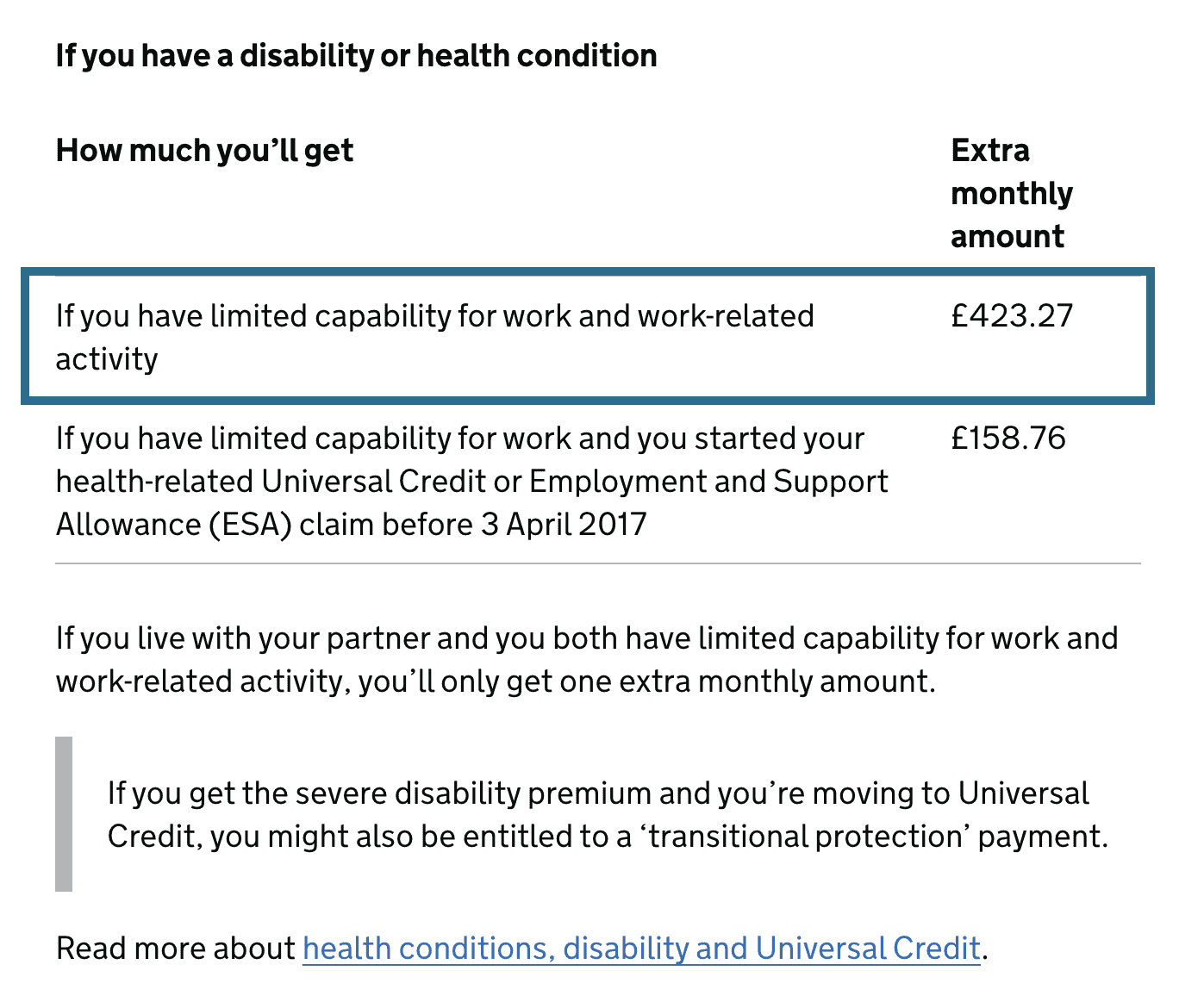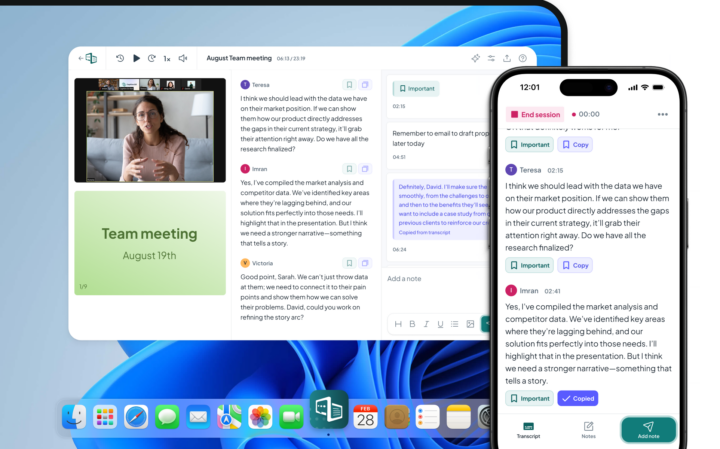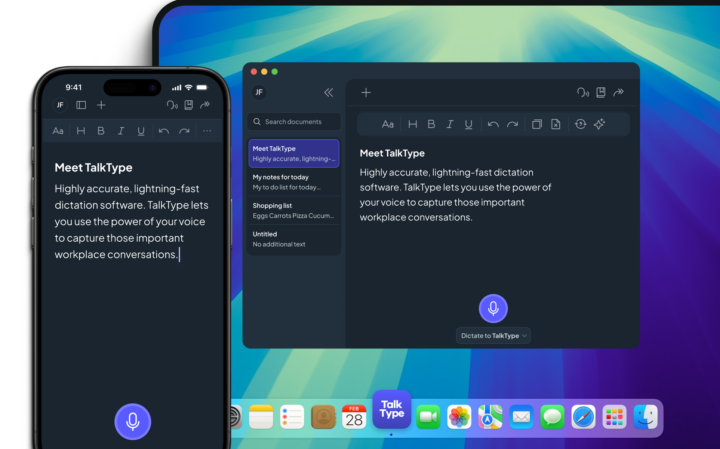LCWRA FAQs
What does LCWRA actually mean?
It means the government recognises that you’re not currently well enough to work — and that you shouldn’t be expected to. If you qualify for LCWRA, you’ll get extra money each month and you won’t be asked to look for a job or attend any work-related meetings.
Is LCWRA a separate benefit from Universal Credit?
No, it’s an extra amount added to your Universal Credit payment. You don’t need to apply for something separate. Once you’ve been assessed and placed in the LCWRA group, the Department for Work and Pensions (DWP) will automatically top up your Universal Credit with LCWRA amount.
How do I get assessed for LCWRA?
To find out if you qualify for LCWRA, first you need to go through your Work Capability Assessment (WCA). This is for DWP to understand your health situation and how it affects your ability to work and for you to get the right support you need. It usually starts with a form and some medical evidence. You might also be invited to a phone or in-person assessment to talk through your situation. After that, you’ll be placed into one of three groups called Fit to Work, LCW or LCWRA. Not sure what the difference is? Scroll back to the top of this blog post where we explain what each group means.
How long does LCWRA last?
There’s no set time limit. Some people stay in the LCWRA group for years, especially if their condition is unlikely to improve. But the DWP may review your situation every 6–36 months, depending on your circumstances. If nothing has changed, they often continue your LCWRA status without reassessment.
Can I still work if I get LCWRA?
Yes, if you want to and feel able to, you can work while receiving LCWRA. There are no rules stopping you. But the key point is: you’re not expected to work. You won’t be pressured into looking for jobs or attending work-related appointments.
When will I start getting the extra money?
Usually, you’ll start getting the extra amount after three full assessment periods (roughly three months) from when you told the DWP about your condition and sent in medical evidence. The good news is you’ll get back pay to cover that waiting time.
What if I think I’ve missed out on back pay?
If your LCWRA decision took a while or you think your payments started too late, you can ask for back pay. You might need to provide more evidence or challenge a DWP decision but there’s no time limit for doing this, so it’s worth checking. If something doesn’t look right, feel free to check this with the relevant government bodies.
What conditions usually qualify for LCWRA?
There’s no fixed list of conditions that automatically qualify someone for LCWRA as everyone’s situation is looked at individually. But there are some common reasons why people are placed in the LCWRA group, such as terminal illness, cancer treatment, pregnancy risks, mental health conditions, or disabilities that make it unsafe or unreasonable to work. LCWRA support could also be available to people with autism, ADHD, or sensory processing difficulties – especially if the workplace hasn’t made reasonable adjustments or the support just isn’t there.
Will LCWRA protect me from the benefit cap?
Yes. If you qualify for LCWRA, the benefit cap won’t apply to you. That means your Universal Credit payments can’t be reduced just because you’re also receiving housing support or other benefits. This is actually an important financial safeguard for people who need extra support.






